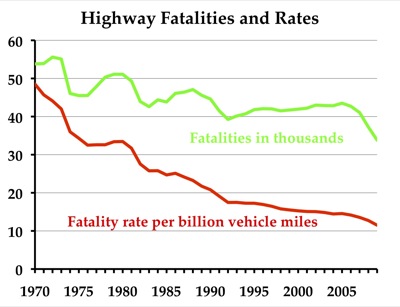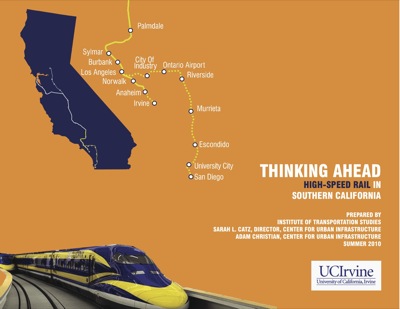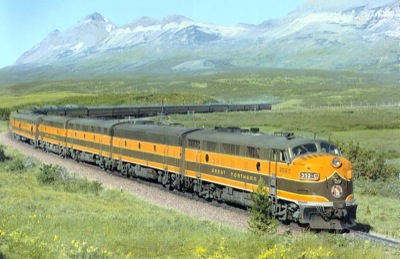The Antiplanner is flying to Seoul, Korea, today to speak at a conference tomorrow (Thursday local time) on conflict management and collaborative governance. Apparently, someone heard about the Forest Options Group, a committee of environmentalists, timber industry leaders, and Forest Service officials that I helped organize in the late 1990s. The group urged the Forest Service to experiment on individual national forests with alternative governance models, including collaborative governance and market-driven systems.
My report to the conference may be discouraging. I argue that the timber war that took place over western national forests in the 1970s and 1980s resulted from the fact that the incentives to polarize the issues of national forest management were so great that there was no chance for any conflict resolution. I remember environmentalist friends of mine being hung in effigy, other friends bragging that they had ecotaged logging equipment, and people being fired by the associations they worked for because they dared talk with people on the other side of the conflict.











